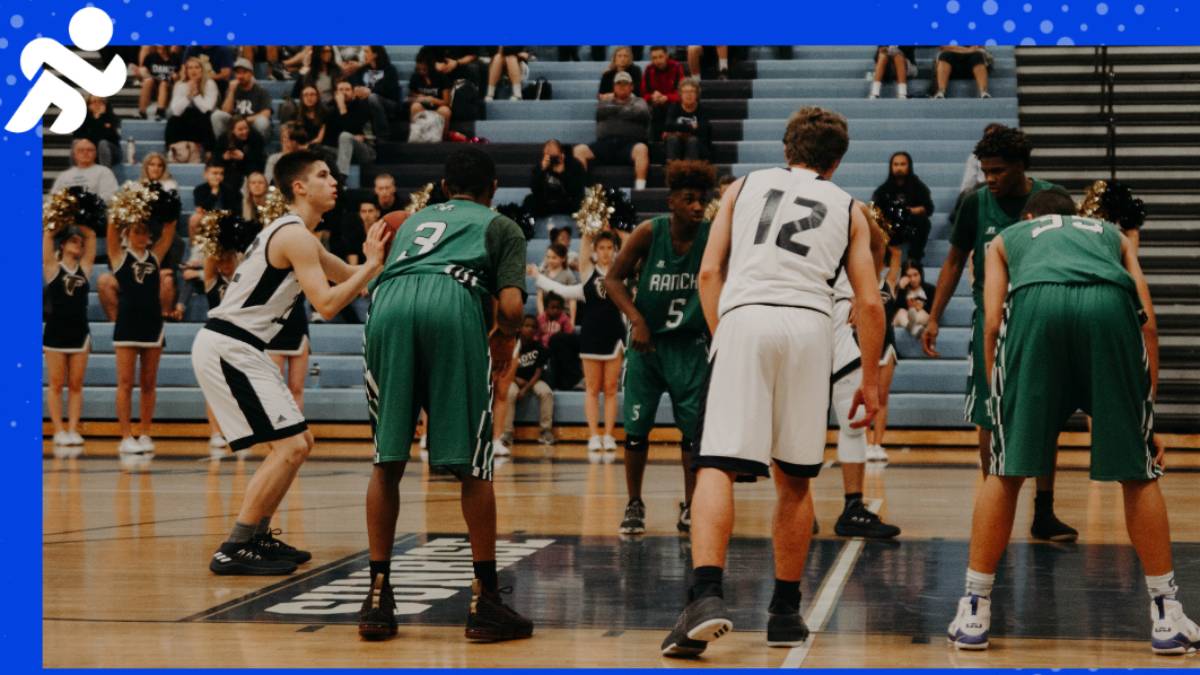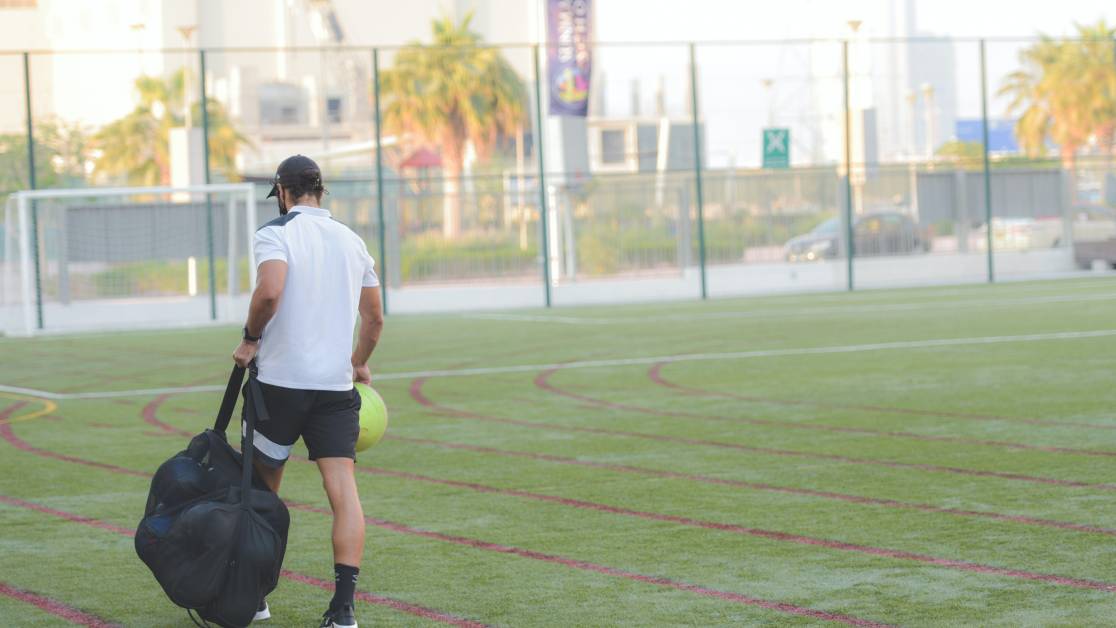Responsible Coaching Movement : Promoting Safety and Ethics in Sports

In our last webinar, we explored the three fundamental pillars of the Responsible Coaching Movement. These pillars aim to create a safe, knowledgeable, and secure environment for athletes, coaches, and parents, while building trust in sport interactions. Here’s a rundown of the movement’s key points.
Pillar 1: The Rule of 2
In our last webinar, we explored the first pillar of the responsible coaching movement: the Rule of 2. This rule plays a key role in protecting participants, ensuring that all interactions between coaches and athletes take place in open, observable, accountable environments.
The Rule of 2 principle
The Rule of 2 dictates that a coach must never be alone with a participant. Here’s how it works in practice :
- Teamwork : When a coach interacts with an athlete, he or she must be accompanied by another adult (coach, volunteer or parent) whose background has been checked. This ensures transparency and constant supervision.
- Travel planning : During trips or travel with participants, the presence of two adults is required. We recommend that you always consult the club’s travel policy to ensure that these guidelines are respected.
- Be reasonable : The distribution of roles must also take into account the gender of participants to ensure appropriate and respectful supervision.
- Be transparent : All communications must be addressed to a group or include the participants’ parents or legal guardians. Unsupervised individual exchanges should be avoided, to ensure the safety and trust of all parties.
The Rule of 2 also applies to virtual environments. During online sessions, it is essential to inform parents, obtain their consent, and record the sessions to ensure a safe environment. In order to respect the Rule of Two in a digital context, Messenger groups should not be used as a communication tool between coaches and underage athletes.
Pillar 2: Criminal Background Checks
The second pillar of our Responsible Coaching Movement webinar is criminal background checks, an essential process for ensuring athlete safety and maintaining a trusting environment within sports teams.
A rigorous, ongoing process
Criminal record checks must be carried out rigorously and regularly. It’s not a one-off process, but one that needs to be repeated at regular intervals to ensure that everyone involved meets high safety standards.
Partnership with Sterling Backcheck
To facilitate this process, the Coaching Association of Canada has partnered with Sterling Backcheck, a secure and convenient online platform. This service provides advanced police information checks, with results available within one business day. This simplifies the process and speeds up access to crucial information, ensuring greater safety for athletes.
Classifying risk levels
It’s also important to note that background checks should be tailored to the risk level of the position. For example, a coach who travels with athletes and shares accommodations represents a higher risk than a one-time parent volunteer. The Responsible Coaching Movement offers a risk assessment grid, discussed in the webinar, which classifies the different levels of verification required according to the degree of interaction with young people.
Pillar 3: Ethics training
The third pillar of the Responsible Coaching Movement focuses on ongoing ethical training, a crucial aspect for coaches throughout their careers. Ethical training aims to equip them to deal with the moral, legal and ethical challenges that can arise in the sporting environment, while fostering a healthy and respectful environment.
Objectives of ethics training
The main objectives of this training course are as follows :
- Broaden the knowledge of coaches throughout their career, providing them with practical tools to evolve in their role.
- Identify the legal, ethical and moral issues that coaches may face in their interactions with athletes and other stakeholders.
- Recognize and prevent abuse in all its forms, ensuring that young athletes evolve in a safe and caring environment.
Ongoing training modules
To achieve these objectives, several continuing education modules are offered :
- NCCP Make ethical decisions : This module teaches coaches how to analyze complex situations and make decisions in line with ethical and moral standards.
- NCCP Creating a positive environnement : This module is part of the National Coaching Certification Program (NCCP) and focuses on the importance of creating positive and inclusive environments for athletes.
- Safe sport training : The safety of athletes must always be a priority. This module looks at the preventive measures to be taken to ensure a safe environment in all sporting activities.
- Respect in sport : This module is designed to promote mutual respect between coaches, athletes and parents, thus contributing to better team cohesion and healthy relationships.
Safe and Responsible Training
The Responsible Coaching Movement is a proactive approach to creating safe, ethical and transparent environments for young athletes. By applying the three pillars: The Rule of 2, Criminal Background Checks, and Ethics Training, coaches and sports associations ensure a safe and positive sporting experience for all.
Karl Demers

On the same subject
Sport at school is a little more complex than you might think: it's a double-edged sword. Children can love going to PE class, just as they can […]
As we all know, parent-coach relationships can be quite complicated. Parents are often very emotionally involved in their child's sport. This […]
The coach-player relationship is the key to team success and athlete growth. Here are 4 key points for maintaining this relationship.


